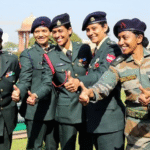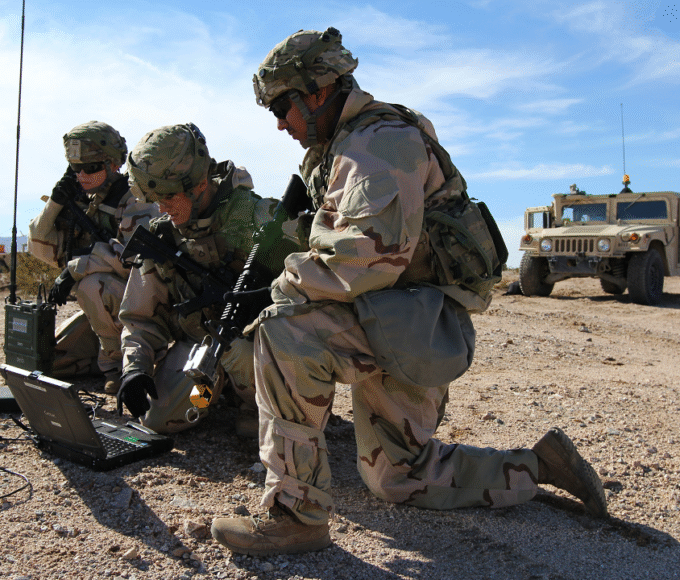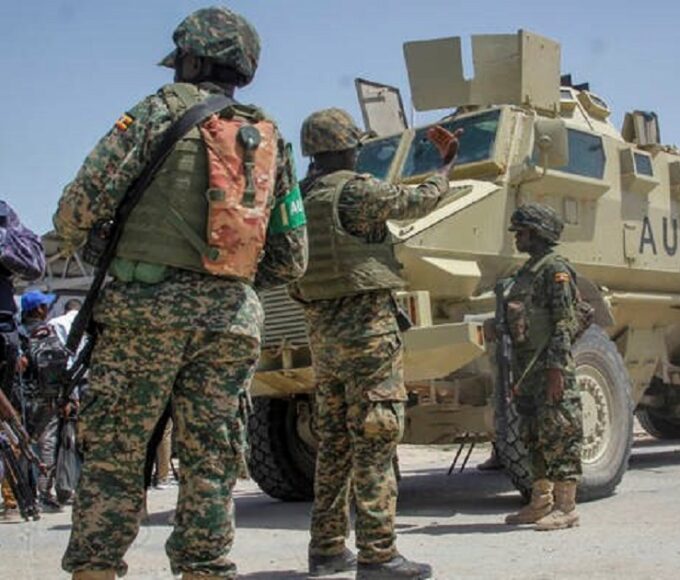PROFILES IN COURAGE: LEGENDARY AFRICAN COMMANDERS AND THEIR LEGACIES
Africa’s military history is a tapestry of resilience and strategic brilliance, shaped by commanders who emerged from colonial resistance, independence struggles, and post-colonial conflicts. Across the continent, leaders such as Shaka Zulu, Samora Machel, Thomas Sankara, Yohannes IV, and Dedan Kimathi rose to defend their people, challenge foreign domination, and reshape national identities. Their courage and tactical ingenuity left legacies that continue to influence modern military thinking and inspire generations.
Shaka Zulu, the architect of the Zulu Kingdom’s rise in the early 19th century, transformed a modest clan into a dominant regional force through discipline and innovation. Born around 1787 in present-day South Africa, he assumed power in 1816 and introduced new strategies that revolutionized warfare. His short stabbing spear, the ikwla, and the celebrated “buffalo horns” formation allowed his smaller forces to encircle and overwhelm larger armies. At Gqokli Hill in 1818, his 5,000 warriors defeated a force more than twice their size, cementing his reputation as a master tactician. Shaka’s emphasis on mobility, psychological warfare, and unit cohesion influenced later anti-apartheid guerrilla strategies and remains central to South African military heritage.
Related Articles:
Samora Machel, Mozambique’s first president and a veteran guerrilla leader, steered the Front for the Liberation of Mozambique (FRELIMO) during the long struggle against Portuguese rule from 1964 to 1975. Trained in Algeria and guided by Marxist-Leninist principles, Machel used hit-and-run tactics and deep-terrain ambushes to exhaust colonial forces, particularly in the northern provinces. His campaigns, which inflicted heavy casualties and undermined Portuguese morale, contributed directly to the 1974 Lusaka Accord that ended colonial control. After independence, Machel expanded social programs, redistributed land, and prioritized veterans’ welfare as a foundation for national reconstruction. His mysterious death in a 1986 plane crash did little to diminish his stature; the monument bearing his likeness in Maputo symbolizes the sacrifices of anti-colonial fighters.
Thomas Sankara, often called “Africa’s Che Guevara,” led a swift and transformative revolution in Burkina Faso after a 1983 coup. As a young captain, he gained military experience during border tensions with Mali, learning the value of rapid mobilization and popular support. His revolution placed veterans at the core of grass-roots committees that dismantled corrupt systems and promoted mass participation. Sankara oversaw dramatic achievements, including the vaccination of 2.5 million children, major literacy drives, and large-scale reforestation efforts. His uncompromising anti-imperialism and advocacy for African unity inspired reform movements across the continent. Though assassinated in 1987, he remains a moral compass for activists and veterans who continue to invoke his call for ethical leadership.
Emperor Yohannes IV of Ethiopia exemplified strategic resolve during the era of European expansion. Taking the throne in 1872 amid internal fragmentation, he unified Ethiopia’s regions and modernized its forces with imported firearms, blending traditional spear formations with new equipment. His victory over Italian invaders at Dogali in 1887, where Ethiopian forces annihilated a battalion of 500, stalled European ambitions and safeguarded Ethiopia’s sovereignty until his death in 1889. Yohannes’s commitment to unity and defense shaped Ethiopia’s later resistance to Italian aggression under Haile Selassie and continues to influence the nation’s federal military structure.
Dedan Kimathi, the field marshal of Kenya’s Mau Mau uprising, stands as a symbol of guerrilla resilience. Operating from the Aberdare forests between 1952 and 1960, Kimathi organized small, poorly equipped units that challenged more than 10,000 British troops. A former colonial-era clerk, he mastered terrain-based tactics, homemade weapons, and decentralized command to maintain resistance despite harsh counterinsurgency efforts. Captured in 1956 and executed the following year, Kimathi remained an icon of defiance; the uprising he helped lead accelerated Britain’s eventual withdrawal and Kenya’s independence in 1963. His posthumous pardon in 2007 and the monuments in Nairobi affirm his place in the nation’s liberation narrative.
Together, these commanders reflect the broader arc of African veteranhood: warriors who became reformers, leaders betrayed by allies, and visionaries who challenged colonial and neocolonial forces. Their innovations—Shaka’s battle formations, Machel’s guerrilla mobility, Sankara’s civic mobilization, Yohannes’s defensive modernization, and Kimathi’s forest warfare reshaped colonial boundaries and fueled independence movements. Their legacies endure in veterans’ associations demanding recognition, youth movements drawing inspiration from historic courage, and national rituals that celebrate military heritage. These figures remind Africa and the world that true command extends beyond battlefields, shaping societies long after the final shots are fired.
King Richard Igimoh, Group Editor ALO
King Richard Igimoh, Group Editor African Leadership Organisation is an award-winning journalist, editor, and publisher with over two decades of expertise in political, defence, and international affairs reporting. As Group Editor of the African Leadership Organisation—publishers of African Leadership Magazine, African Defence & Security Magazine, and Africa Projects Magazine—he delivers incisive coverage that amplifies Africa’s voice in global security, policy, and leadership discourse. He provides frontline editorial coverage of high-profile international events, including the ALM Persons of the Year, the African Summit, and the African Business and Leadership Awards (ABLA) in London, as well as the International Forum for African and Caribbean Leadership (IFAL) in New York City during the United Nations General Assembly.
Recent Posts
Categories
- Air & Aerospace17
- Border Security15
- Civil Security6
- Civil Wars4
- Crisis5
- Cyber Security8
- Defense24
- Diplomacy19
- Entrepreneurship1
- Events5
- Global Security Watch6
- Industry8
- Land & Army9
- Leadership & Training5
- Military Aviation7
- Military History27
- Military Speeches1
- More1
- Naval & Maritime9
- Policies1
- Resources2
- Security12
- Special Forces2
- Systems And Technology9
- Tech6
- Uncategorized6
- UNSC1
- Veterans7
- Women in Defence9
Related Articles
CYBER ESPIONAGE WARS: HOW GLOBAL POWERS USE AFRICA AS A BATTLEGROUND
Africa has become the silent front line in a shadow war where...
ByKing Richard Igimoh, Group Editor ALONovember 18, 2025THE NIGERIAN CIVIL WAR (1967–1970)
The Nigerian Civil War, or Biafran War, lasted from July 6, 1967,...
ByKing Richard Igimoh, Group Editor ALOOctober 9, 2025RESOURCES – AFRICAN WAR DOCUMENTARIES WORTH WATCHING
Africa’s modern history has been shaped by struggles that transformed nations: from...
ByKing Richard Igimoh, Group Editor ALOSeptember 29, 2025












